Pension funds can bring stability to financial markets, argues industry expert and best-selling author Keith P. Ambachtsheer. Pension funds invest for the long term – today’s 30-year-old workers will collect their pension checks decades from now. However, pension funds must become more responsive to individual members’ unique needs. These funds should solidify their corporate cultures and investment strategies. While instructive, this guide to pension funds lacks sharp editing – Ambachtsheer’s chapters repeat some information and the writing can be dull. Such style issues not withstanding, getAbstract recommends this useful, in-depth look at a significant topic to managers, investors and policy makers seeking insights into a powerful force in financial markets.
From 1965 to 2014, the S&P 500 posted an average annual return of 9.8%. The 10-year US Treasury bond gave investors 6.7% per year. In that environment, running a pension fund – and keeping participants happy – was simple. But the upcoming 50 years will not be as kind to pension managers. The rate of 3% economic growth over the past half-century will likely fall to 2% in the future. The 8.5% annual returns that pension managers once enjoyed will dip to 5.5%. Plan participants will have to contribute more or receive less.
Pension funds, which hold $30 trillion in global assets, are encountering daunting trends. Robust returns will prove elusive when pollution, water scarcity, climate change and food shortages challenge sustained economic growth. Developed nations face aging populations and tepid growth. Bubbles, crashes and volatility shake the markets. The divide between society’s rich and poor is widening.
Pension funds must provide secure retirements to hundreds of millions of beneficiaries. Pension plans may be the only organizations poised to address such challenges. Unlike most shortsighted investors, pensions have “a fiduciary duty to invest...
Keith P. Ambachtsheer, founder of KPA Advisory Services Ltd. and the author of three bestsellers, helped create the Rotman International Centre for Pension Management at the University of Toronto.








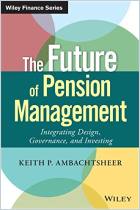
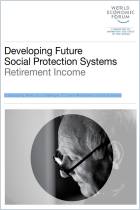
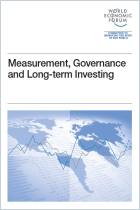
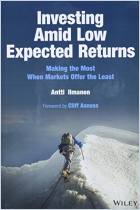
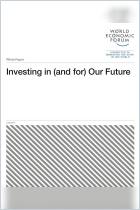






Comment on this summary or Start Discussion